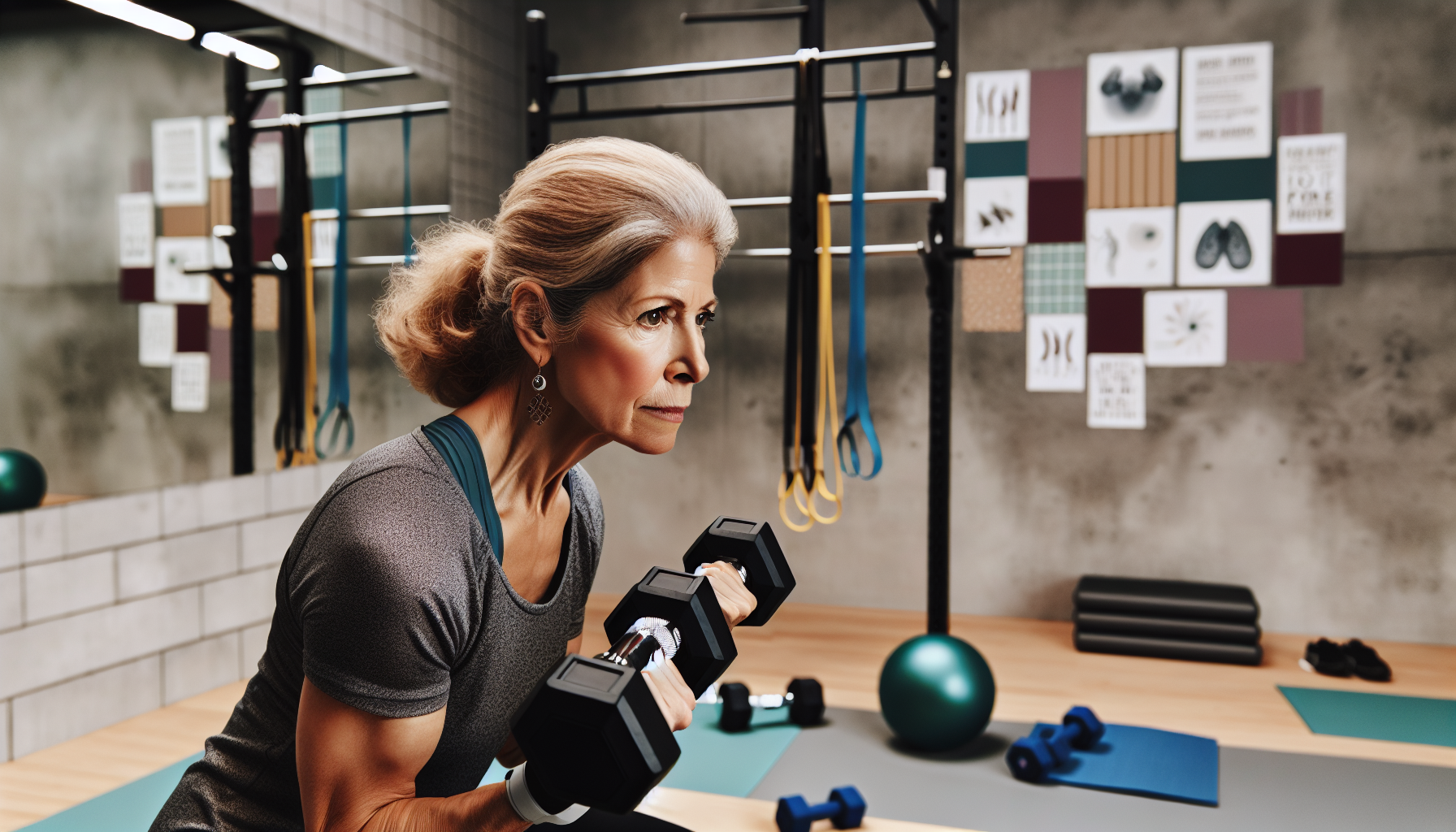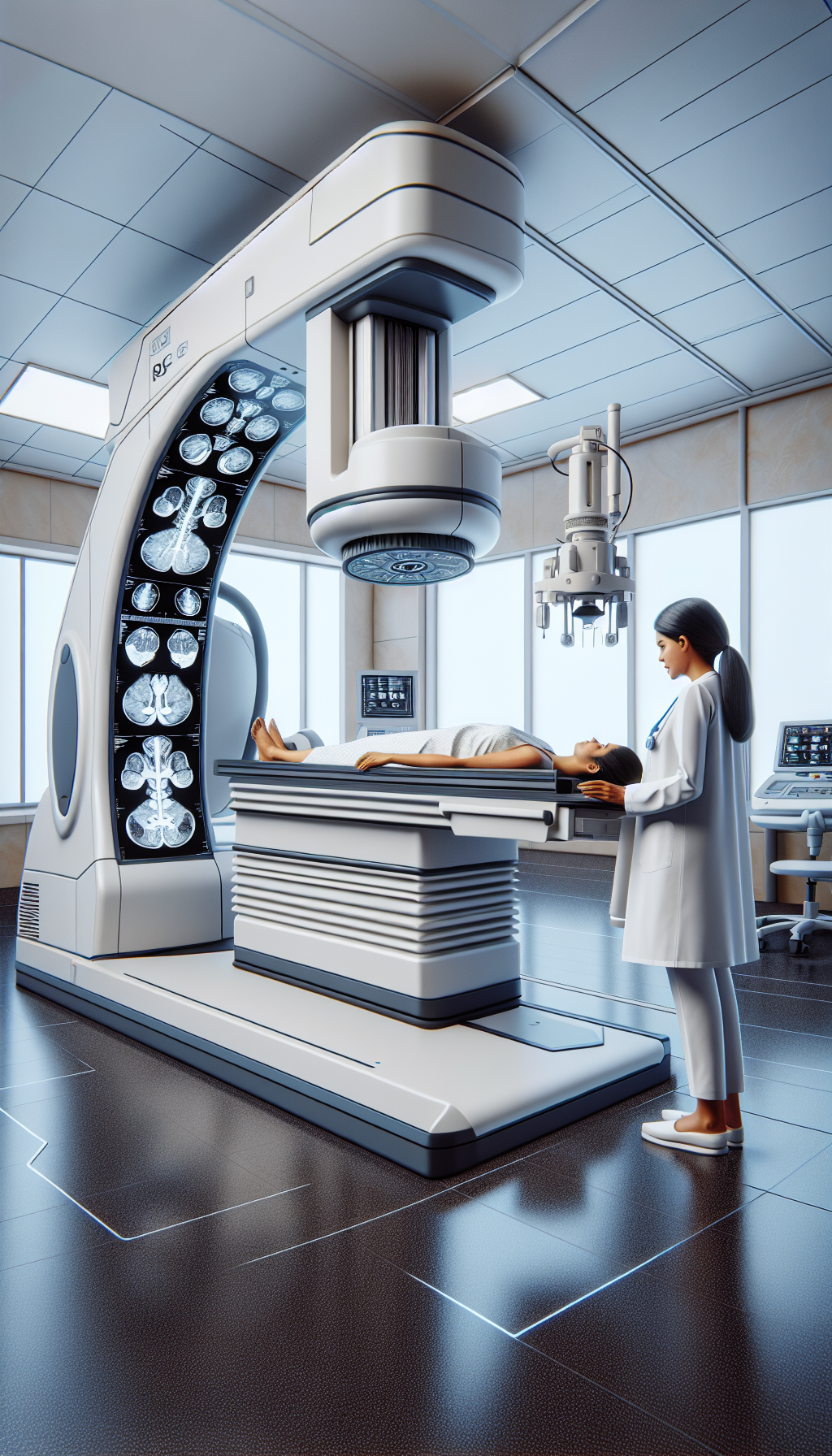As women transition into menopause, they face a myriad of health challenges, one of the most significant being the maintenance of bone strength. Postmenopausal bone health is a complex issue influenced by hormonal changes, lifestyle factors, and nutritional intake. With an increasing number of women living well into their 80s and 90s, understanding and addressing the factors that contribute to bone strength is critical for ensuring a high quality of life and reducing the risk of fractures and osteoporosis.
The Role of Estrogen in Bone Health
Estrogen plays a pivotal role in the maintenance of bone density. During the reproductive years, this hormone helps to balance bone resorption—the process where bone is broken down—and bone formation. However, as estrogen levels decline during menopause, the rate of bone resorption accelerates, often outpacing bone formation and leading to a decrease in bone mass.
For further understanding of bone health and its importance, consider reading Bone Health on Avix Health, which provides a comprehensive look at how to maintain strong and healthy bones throughout different stages of life.
Nutritional Factors Affecting Bone Health
Nutrition is a cornerstone of maintaining bone strength. Calcium and vitamin D are well-known for their bone-supportive roles, but other nutrients such as magnesium, vitamin K, and phosphorus also play crucial parts. Postmenopausal women should pay particular attention to their intake of these nutrients to support bone health.
One external resource that delves into the complexity of bone nutrition is the National Osteoporosis Foundation, which offers specialized guidance on the dietary needs for optimal bone health.
Exercise and Bone Density
Regular physical activity is essential for building and maintaining bone density. Weight-bearing exercises such as walking, jogging, and resistance training can stimulate bone formation and slow the progression of bone loss.
To explore the relationship between exercise and bone health in more detail, particularly how it pertains to postmenopausal women, a visit to the American Bone Health Organization provides valuable insights and practical exercise recommendations.
Body Composition’s Impact on Bone Density
The relationship between body composition and bone density is intricate. Adipose tissue, commonly known as body fat, can have both protective and detrimental effects on bone health, depending on its distribution and volume. A balanced body composition, achieved through a healthy diet and regular exercise, can contribute positively to bone density.
For a deeper understanding, the article The Relationship Between Body Composition and Bone Density on Avix Health provides an in-depth analysis of this complex interaction.
Managing Bone Health in Diabetic Patients
Diabetes presents additional challenges for bone health, as the disease can affect bone quality and increase fracture risk. It is crucial for diabetic postmenopausal women to manage their blood sugar levels and maintain a healthy lifestyle to mitigate these risks.
An excellent resource for diabetic patients looking to safeguard their bone health is the Diabetes and Bone Health page from the National Institute of Health, which offers specialized information on the intersection of these two health concerns.
Vitamin D’s Role in Calcium Utilization
Vitamin D is essential for calcium absorption, and without sufficient vitamin D, the body cannot utilize calcium effectively, regardless of intake. This relationship is especially pertinent for postmenopausal women, who need to ensure adequate vitamin D levels to maintain bone strength.
The significance of vitamin D in bone health is further explored in Bone Health and Calcium Utilization: The Role of Vitamin D on Avix Health.
Importance of Periodic Screenings
Monitoring bone health through periodic screenings like bone density tests (DEXA scans) is vital for early detection of osteoporosis and other bone-related conditions. These screenings can help postmenopausal women and their healthcare providers make informed decisions regarding interventions and lifestyle adjustments.
For those interested in the importance and frequency of these screenings, the article Monitoring Bone Health: The Importance of Periodic Screenings provides valuable perspective.
The Impact of Diet and Lifestyle Choices
Postmenopausal women must consider the impact of their diet and lifestyle choices on bone health. A diet rich in fruits, vegetables, lean proteins, and whole grains, coupled with regular physical activity, can greatly influence the maintenance of bone strength. Additionally, avoiding smoking and excessive alcohol consumption can prevent further bone density loss.
A niche and valuable resource for dietary guidelines is the Academy of Nutrition and Dietetics, which offers tailored advice for older adults looking to maintain their health through nutrition.
Conclusion
Bone strength in postmenopausal women is a multifaceted issue that requires a comprehensive approach, including hormone management, proper nutrition, regular exercise, and lifestyle modifications. By understanding the challenges and taking proactive steps, postmenopausal women can maintain bone health and enjoy an active, fulfilling life. As research continues to evolve, it becomes increasingly clear that bone health is not just about calcium; it’s about a holistic approach to overall wellness.
For further reading on specialized topics related to bone health, consider exploring the numerous informative articles available on Avix Health, such as those addressing the impact of chronic stress on bone density, the significance of bone density in athletic performance, and the role of vitamins and trace elements in maintaining bone health. By staying informed and vigilant, we can all take strides toward stronger bones and a healthier future.



